Top 3 lessons from my conversation with Sven Pluut
Peer in episode #59 of the De Gebakken Peren Podcast.
A Winning Path or an Endless Dead-end?
If you had known beforehand how much work it would actually entail, you would never have started.
Call it naive. In startup jargon, you would call it a reality-distortion field.
Then, if you get no positive feedback along the way, you would stop.
Underestimating how much work there is still left and getting just enough little successes keep you going.
But how do you distinguish a winning path from an endless dead-end?
How do you know you're merely in a dip, not a downward slope?
Blind optimism might keep you in the game, but it isn't an actual solution.
One way is that you've seen others do it. That way, you know the possibility exists.
Or, you can see the reason why all others have failed before.
And you have a plan why your project will be different.
Delegate When 2 out of These 3 Are a Yes
Many entrepreneurs are pretty good at a lot of things and are used to being self-reliant.
Put those together, and you're used to getting things done quickly yourself.
You got where you are because of it.
And it is powerful in short bursts.
But if you're in it to build a company, you might find it hard to delegate and to teach others how to do the work.
Now, in any individual instance, it probably will be quicker to get it done (in the way you want) by doing it yourself.
But the point is not for you to do it. Because then next time you need to do it again.
Besides, in many fields, you're merely "pretty good".
So, (1) can somebody else do it? (2) Potentially even better? And (3) will it need to be done again later?
If two out of three are a "yes", then delegate.
Now, there's never a perfect week where you've got the extra to invest in explaining or creating the perfect necessary conditions.
So, pick one thing every week. Create the time to delegate that thing.
Know that it will come with imperfection, mistakes, and delays. Because the first time it will be slower, and you'll not be doing something else.
It will cost you in the short term. But over the long run, you'll set yourself free.
Celebrate the Win
I'm all for slow and steady growth because you're building the right habits sustainably, rather than the mythical inventive sprint on superpowers.
It's the way to persevere in a marathon and actually enjoy it.
Now, when going slow and steady, most days look the same.
That in itself isn't a problem. However, you might miss a phase shift because you were going on autopilot.
When after ten long years of slow and steady reaching the scale to become break-even, you better take notice.
Even if you're already with your head up in the clouds dreaming up new ideas.
Celebrate the win!
